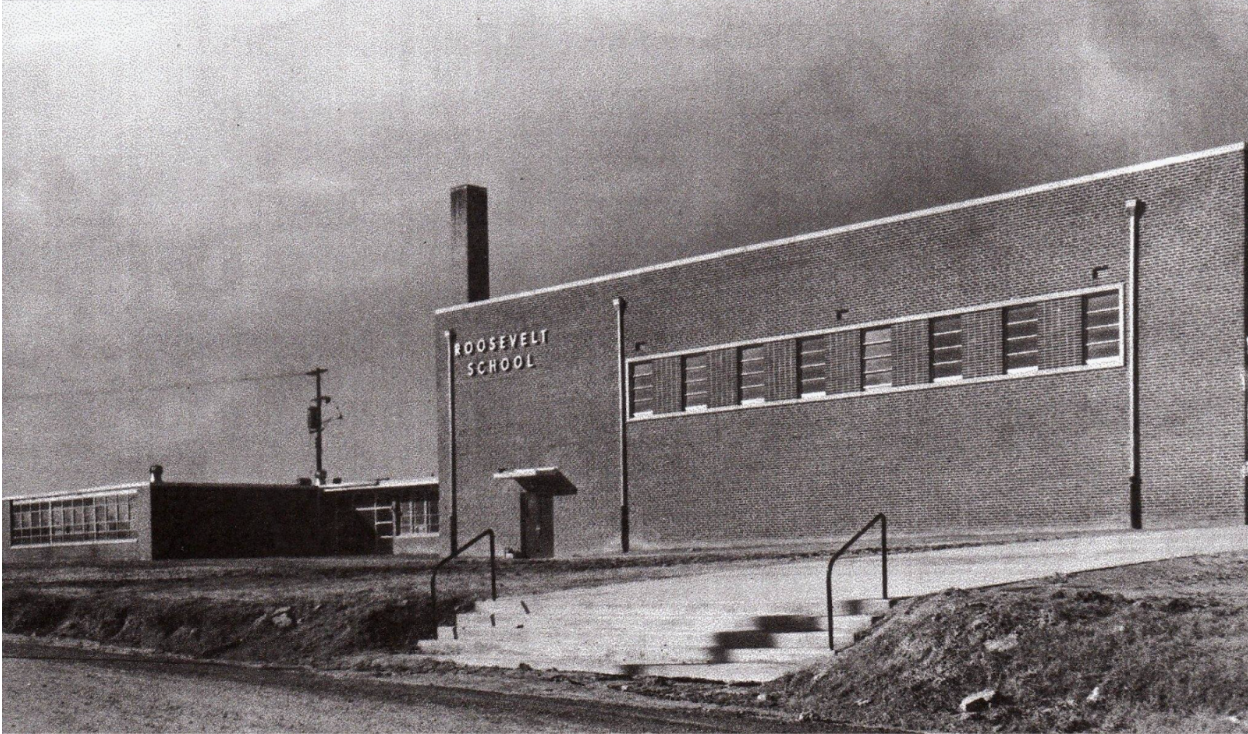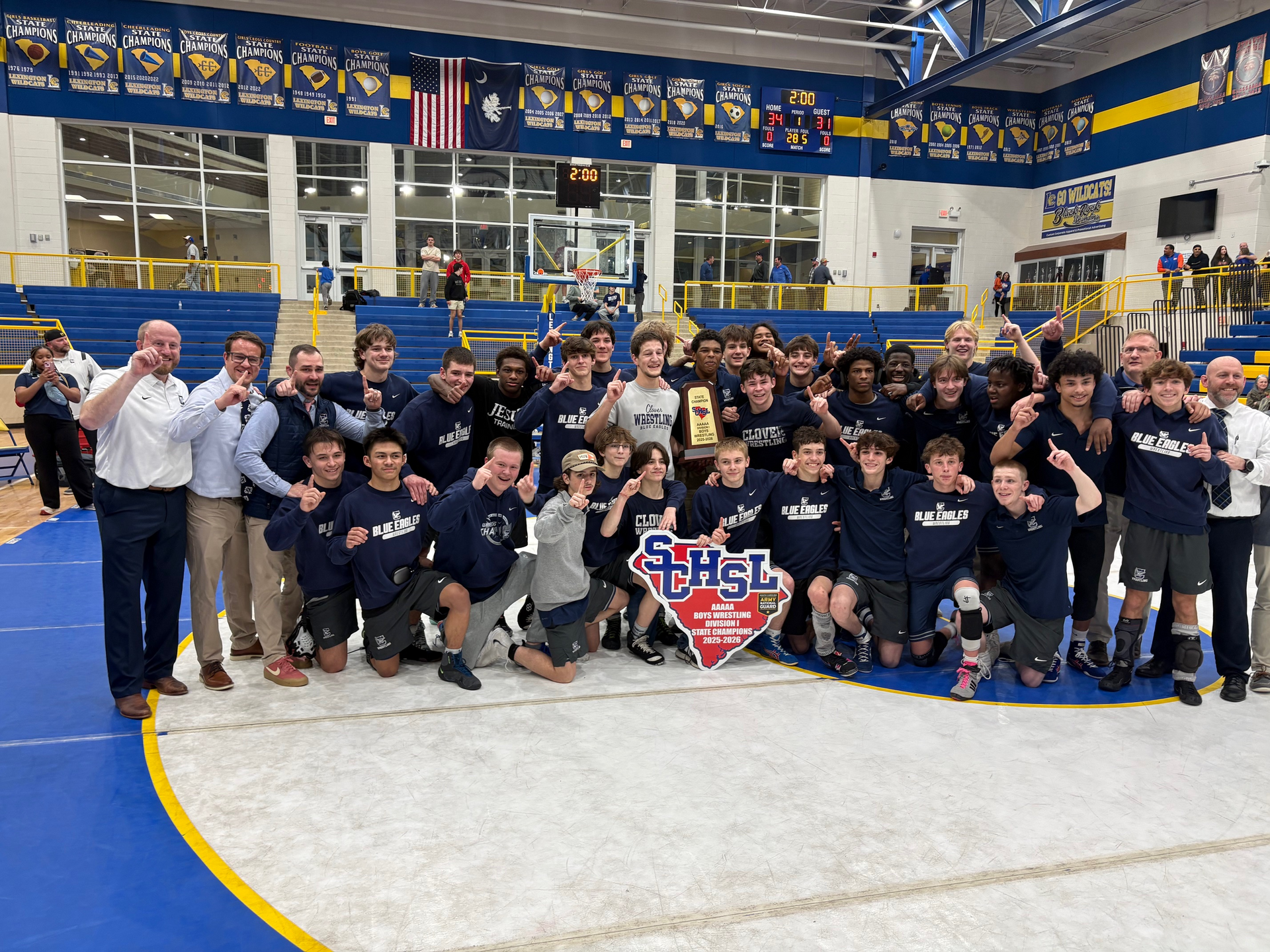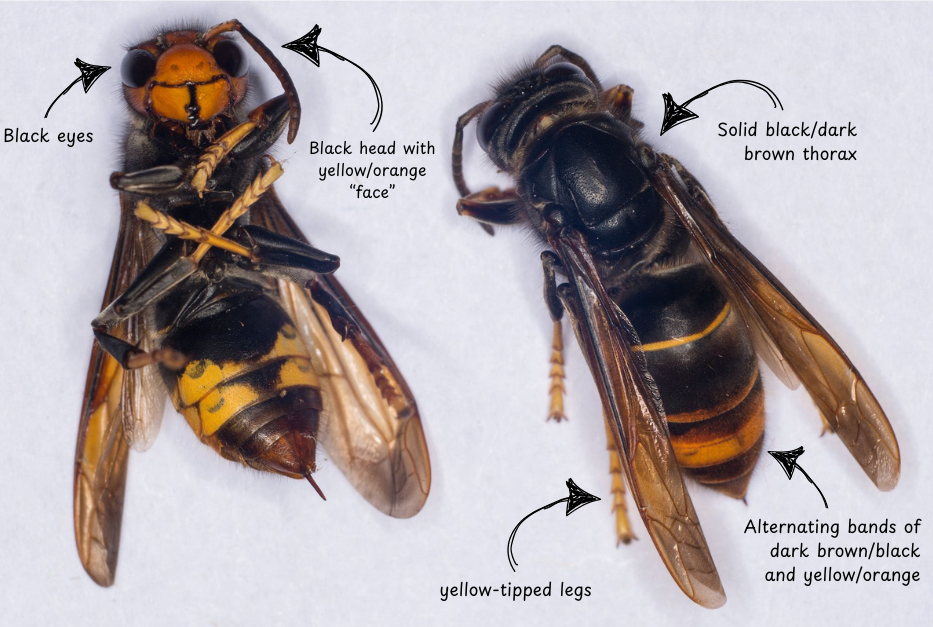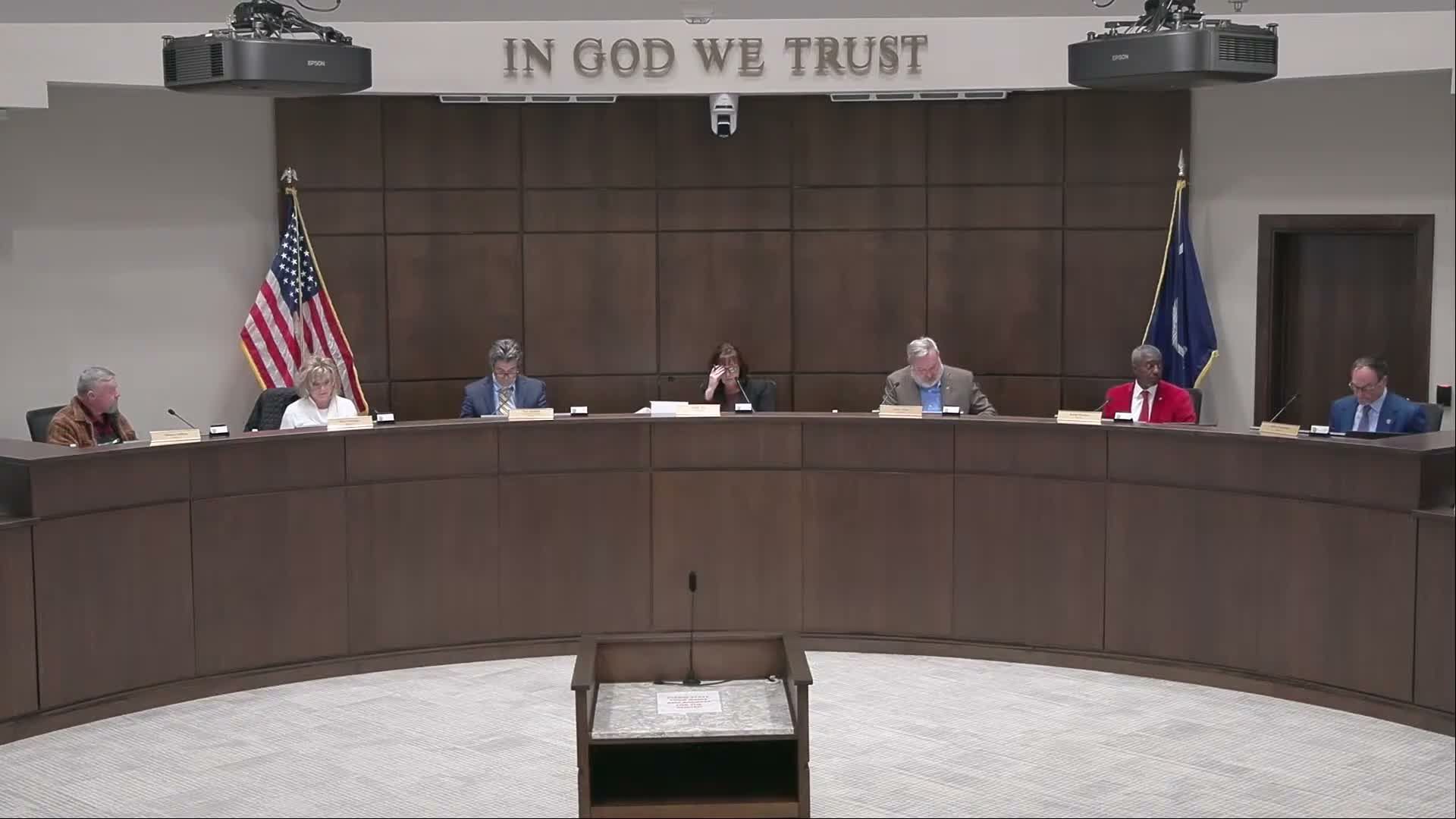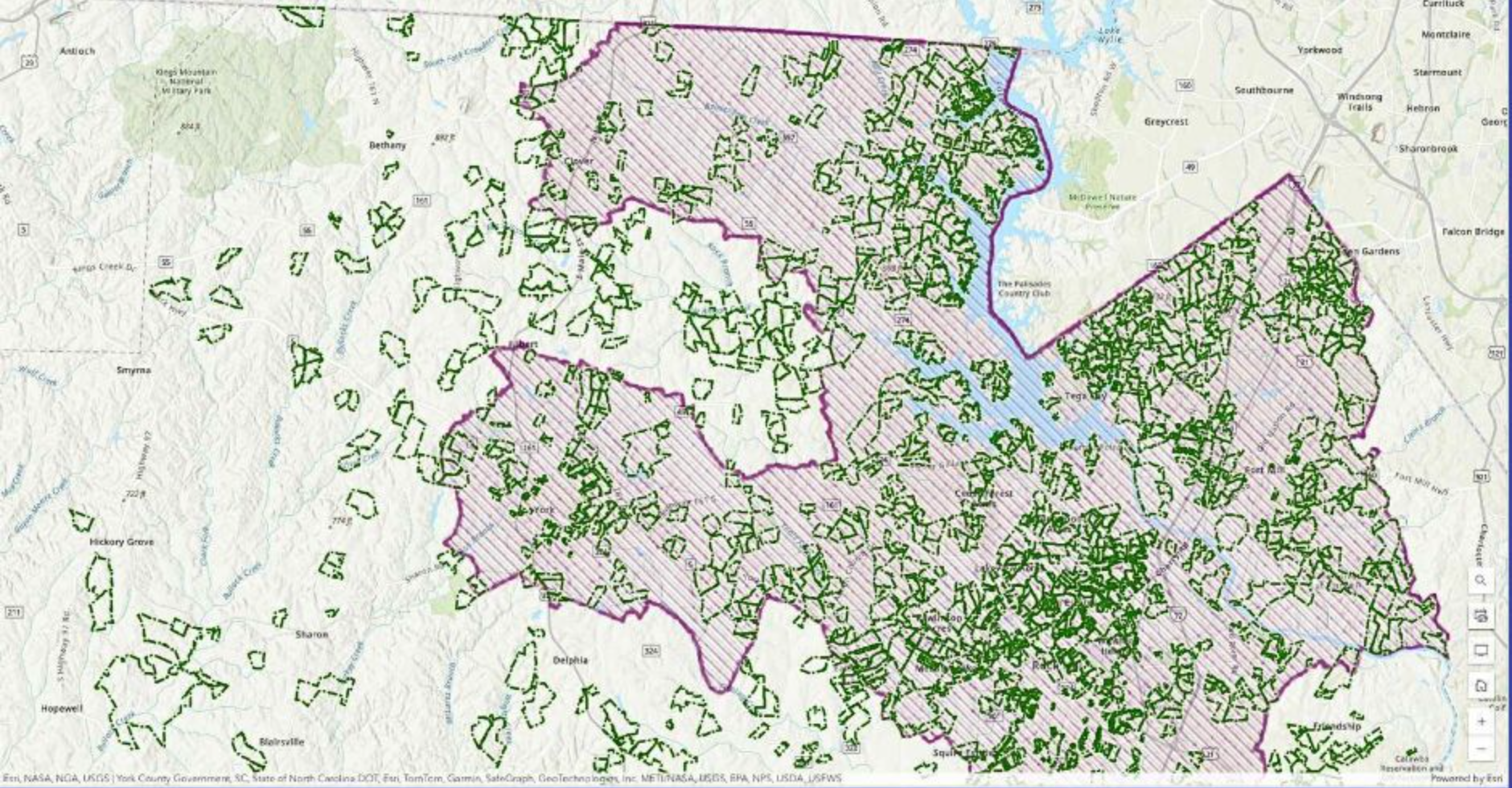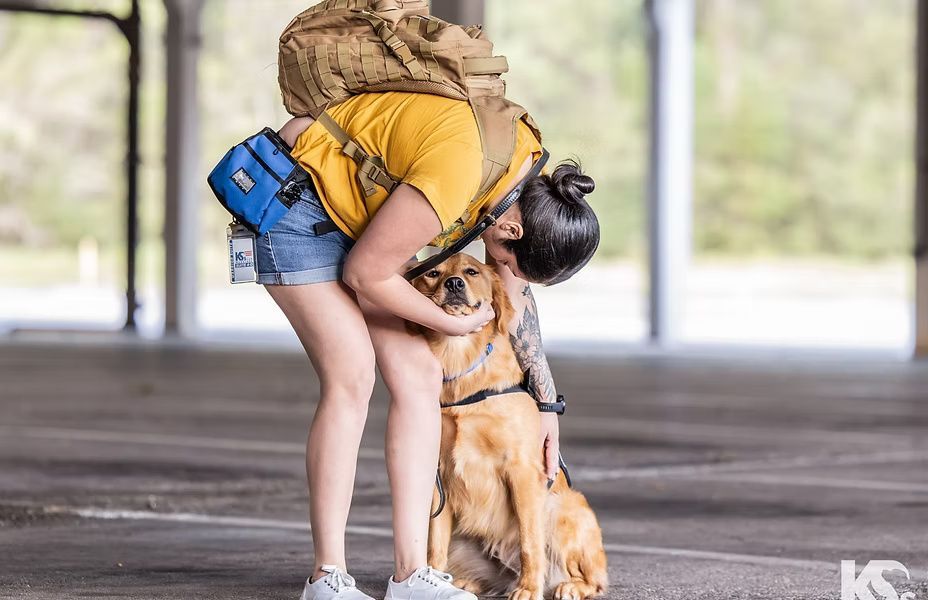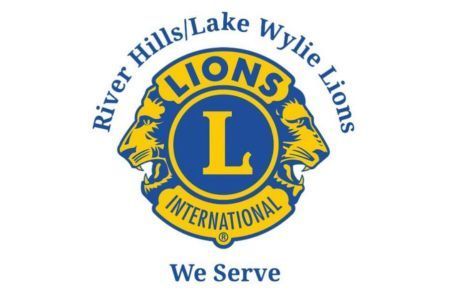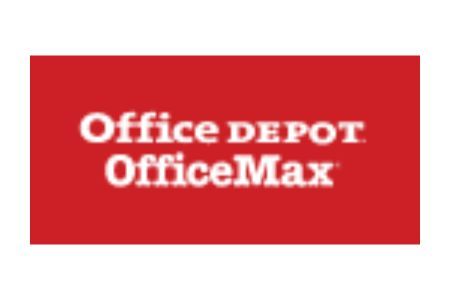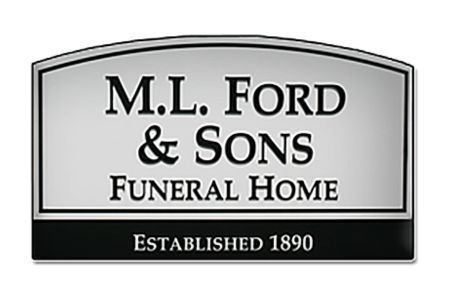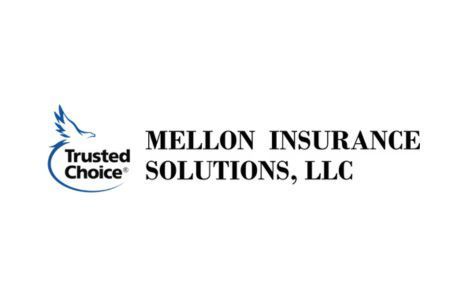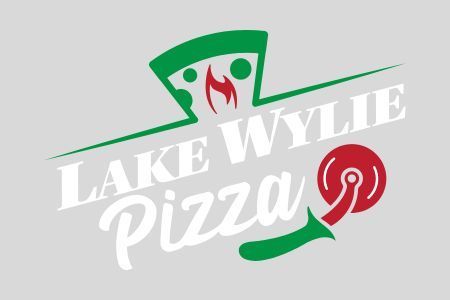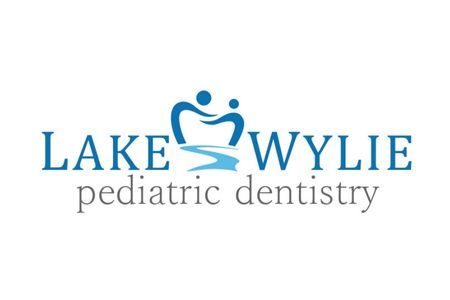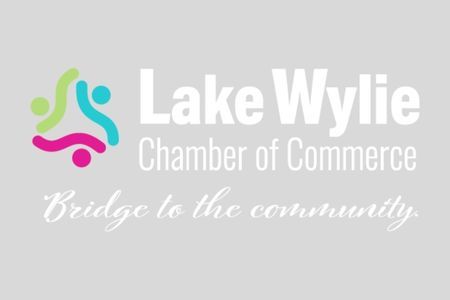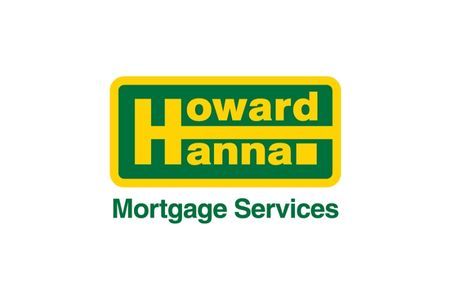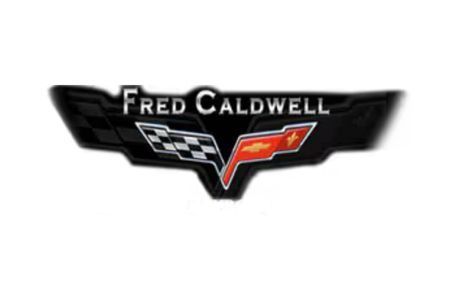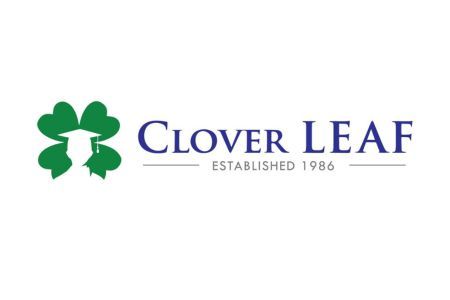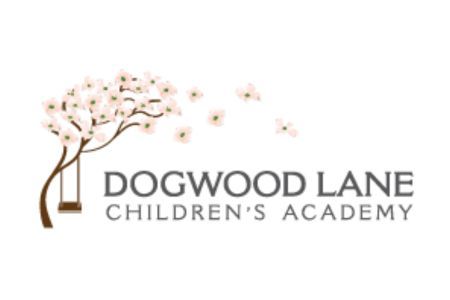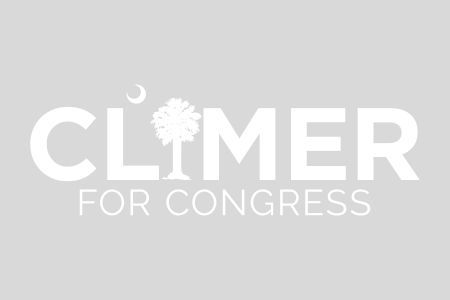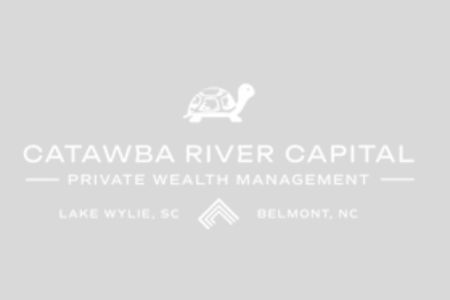York County Council listens to D2 residents: Approves impact fees
York County Council listens to D2 residents: Approves impact fees
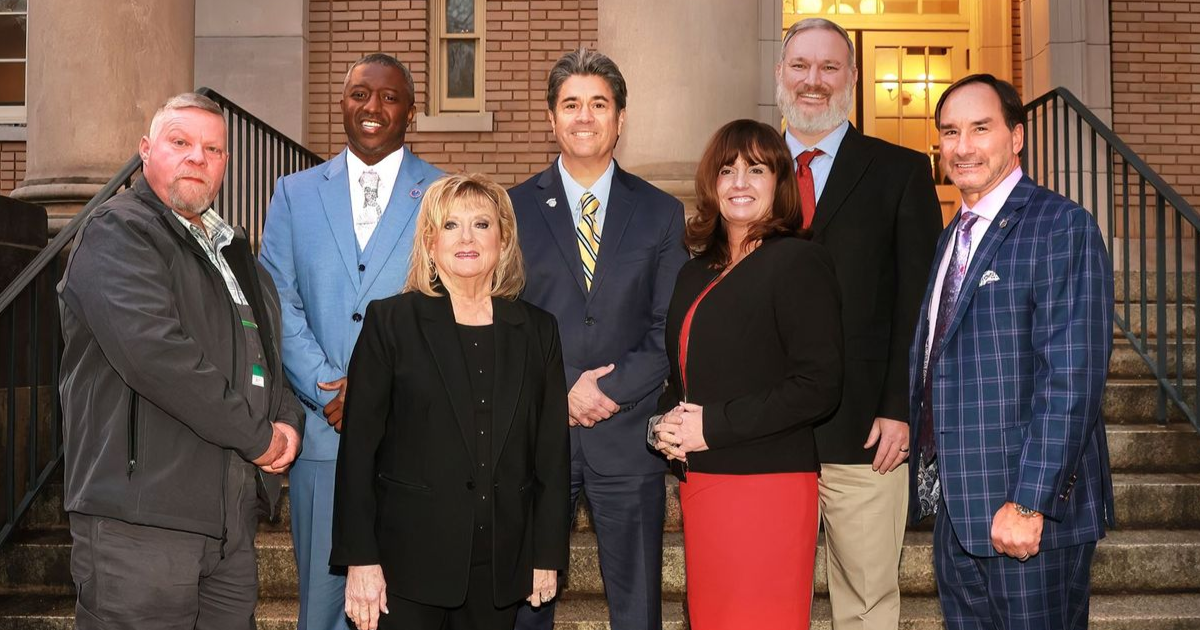
YORK, S.C.- York County Council held the second reading of the Clover School District Impact Fee ordinance on Nov. 17. Following public comments and a public hearing, the council voted unanimously to approve the ordinance at the original impact fee request of $15,035 on single-family homes, $7,430 for multi-family homes, and $9,842 for manufactured homes.
The Nov. 17 meeting had so many attendees that two overflow rooms had to be opened for those present to view the proceedings. Many in the audience held signs that said “Right the Wrong”, a reference to the 2021 decision by YCC to reduce the impact fee request to $4,000 per single-family home.
During public comments, Chairwoman Christi Cox requested that those signed up to speak about impact fees hold their comments until the public hearing. All but one citizen did, with that person speaking during the comment time due to another engagement.
The public hearing portion was held after Cox, upon advice from management and legal, suggested moving to executive session first for a short period and then returning to hear public comments. However, the council decided to go ahead and hear public comments after learning that they might receive new information that could change the outcome of the vote and that it might take longer than 10-15 minutes.
Public comments lasted over 90 minutes. Most parties speaking were residents of District 2; however, some District 3 and District 4 members expressed their support for the original request.
Upon return, the council moved to executive session for legal advice. Once they returned to the chamber, Councilman Tommy Adkins made a motion to “...approve the second reading restoring the fee to the full amount before the council as amended by the capital improvement plan so that the urban service boundary line sets the geographical service boundary in Clover School District within which the impact fee may be imposed...” Councilman Andy Litten seconded this, and it passed unanimously.
The ordinance request had its first reading on Oct. 6 and was amended to $ 7,000. The second reading has been deferred twice, was reinstated to the original ask on Nov. 17, and will face a third reading on Dec. 1.
During the public comments period of the first reading on Oct. 6, three people spoke against the impact fee increase. No one spoke in favor of it.
After district officials presented the request, the council voted 5-2 to deny the ordinance. However, Councilman William “Bump” Roddey moved to amend the increase in the current fee from $4,000 to $7,000 for single-family homes, with multi-family dwellings and mobile homes increasing pro rata. This amendment passed 5-2 and moved to a second reading with a public hearing.
The second reading of the ordinance was held on Oct. 20. A public hearing was also scheduled for that date; however, YCC did not provide adequate notice, so it was moved to the Nov. 17 meeting to give the public an opportunity to share their thoughts with the council. During this public comment period, 15 people addressed the council. 12 speakers supported reinstating the full impact fee, and three opposed the ordinance.
In addition to the public comment portion, due to confusion about the posted public hearing date, Cox allowed public comments for those who would not be able to attend the Nov. 17 meeting. A public hearing is a time for citizens to express their thoughts on a specific issue before the council, without having to sign up in advance and without the two-minute limit of the public comment period. 12 speakers addressed the council, with 11 supporting the full impact fee and one opposing it. The speaker who opposed the fee had also spoken during the public comment period.
The council voted 3-4 to deny the full amount. Litten then proposed an amendment to the ordinance as follows: “to include an impact fee exemption for one new or additional residential structure on lots platted 20 years before the effective date of the ordinance, with the same statutory justification used to exempt impact fees in the 2008 development agreements”. The amendment was briefly discussed before the council moved to executive session to seek legal advice.
When the council returned, Litten withdrew his motion and then moved to defer the second reading until Nov. 3 to allow time to look further into the council’s ability to amend the ordinance. That motion passed 7-0.
The second reading of the ordinance was held again on Nov. 3. During the public comment period, 7 people spoke in favor of the impact fee, and no one spoke against it. Dr. Quinn addressed questions and concerns raised at the previous meeting.
Litten then made a motion to move to executive session for legal advice. Roddey moved to approve the ordinance as written for $7,000 per single-family home upon the council’s return, but there was no second, so the motion failed. Litten then moved to defer the second reading to Nov. 17. Huckabee seconded, and the motion passed 5-1.
Funding the future without raising taxes
On Monday, Oct. 13, before the initial Impact Fee request, a small group of Roaring Eagle Reporters interviewed members of the Clover School District Board of Trustees and other relevant district administrators, including Superintendent Dr. Sheila Quinn. The interviews centered around the impact fee request.
The first interview was with Clover School District Superintendent Shelia Quinn. She explained that impact fees are a one-time fee paid by builders for houses that could hold a family. The reason this is needed now is that the district’s growth is expanding, but the impact fees are insufficient to cover the cost of new school buildings required to support this growth. The numbers were determined by Tischer Bice, an external firm that does impact studies. While Tischer Bice recommended approximately $20,000 for a single-family home, the district is staying with its original request from 2021. These fees would go directly toward building new schools as the district outgrows the current ones.
Mr. Ken Love, the District Chief Financial Officer, explained how the district collected a total of $5,685,084. If they had received the full impact fee from 2020, the district would have had an additional $21,368,985 to work with to help build the two new schools and renovate Roosevelt Middle School. Love added that the spending is documented by sending invoices to the county to use the funding. CSD’s financial department has spent all available impact fees.
Dr. Mark Hopkins, District Chief Operations Officer, explained why additional impact fees are needed. Costs have risen above the originally expected amount; the proposed and approved $172 million budget for Lake Wylie High School is now $17 million over budget due to rising construction costs. Necessary capital investments and vehicles, such as school buses and activity vehicles, are permitted as long as the cost is over $100,000.
Clover School District Board of Trustees member Jessica Cody discussed the impact on the real estate market in the area. As a realtor herself, she talked about the negative impact on the affordable housing market as a result of these fees, but also mentioned the growth yet to come and the impact the new families will have on the district.
Clover School District Board of Trustees member Kenda Cook explained that all new houses built will be subject to the fees, even if a person who lives in the district and owns land within the district wants to build a house. Cook stated, “Legally, there is no way to do that. I have found that out through learning about the impact fees. Being a long-time resident of Clover, we also are on family land and have had the opportunity to give our children some land. I understand the idea of not having your children pay for impact fees, but on the other hand, I understand the growth in the district and the need for impact fees.”
Clover School District Board of Trustees Member Mike Ballard hopes that YCC will consider public input as they move forward. Ballard shared, “I’m a little concerned that Fort Mill has been given their impact fee twice now, and I’m concerned that there are Fort Mill council members that have voted themselves impact fees, but it seems like they’ve already made their mind up about Clover’s. And I would like to hope that they are going to take public input into their final decision.”
Clover School District Board of Trustees Chair Rob Wallace assured the public that only new homes are subject to impact fees. The fees are issued at the time of permitting; if the permits have already been issued, then the impact fees would not be levied. The fees are not retroactive.
Clover School District Board of Trustees Member Matt Burris reiterated that the CSD board is committed to taxes being as low as possible. There are only a few ways to generate money for new schools: bonds, taxes, and impact fees. Impact fees are the only option that will not significantly raise taxes on current residents. Stating “growth pays for growth,” Burris, the rest of the board, and district officials believe that the burden of new growth on the school system should also cover the cost of increased accommodations.
Clover School District Board of Trustees Member Keron Meeks expressed his disdain for the proposed reduction in fees, noting that Fort Mill received a higher impact fee. Meeks explained that the cost to construct school buildings is the same for both districts, so it is unclear why the Fort Mill School District receives every increase they propose, while the Clover School District continues to have its requests significantly reduced.
You can address York County Council during the public comments session on Dec. 1 at 6 pm, or via email before the third reading. More information and email addresses can be found at https://www.yorkcountygov.com/375/County-Council.
